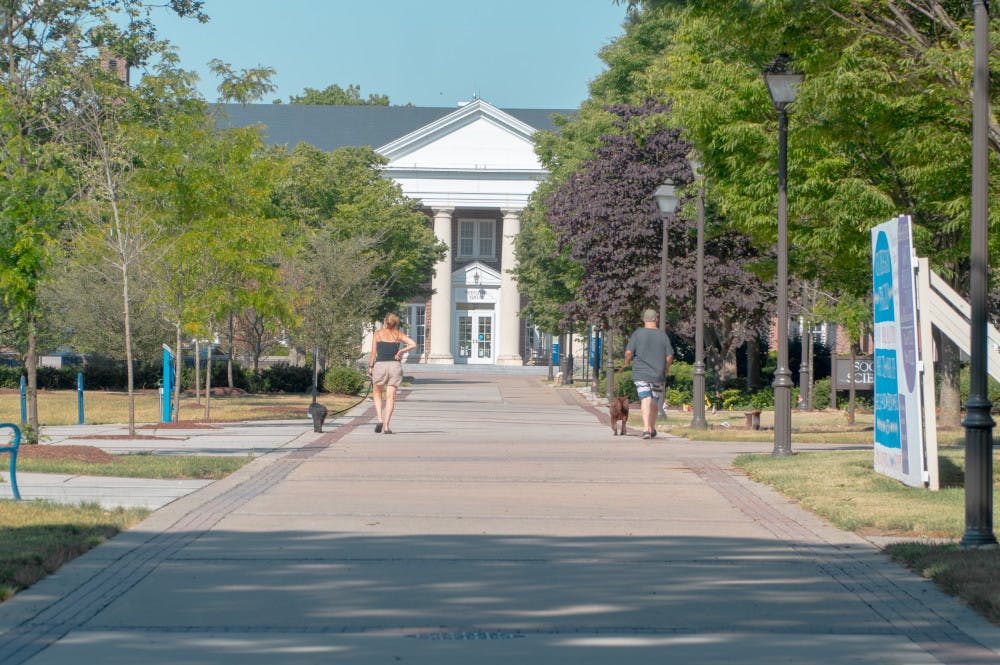Kalli Colacino
Features Editor
Now more than ever, the world is on edge and students are trying to find ways to cope. And after an abrupt implementation of online-only classes in the spring semester and news that the upcoming fall will look the same, students are forced to adjust to a new reality.
“Life feels like it’s at a complete standstill,” said an anonymous College student. “My life during these past couple months has felt completely wasted and meaningless.”
According to a poll conducted by a public health charity, Kaiser Family Foundation, 45 percent of adults in the United States have reported that their mental health has been negatively impacted due to COVID-19-related stress.

“It’s depressing to think that there was an alternative reality where our lives continued as usual,” the student said.
Some students were forced to cancel summer trips — something that many look forward to all year long. Thinking of what could have been, mental health has declined for some. For others, however, the solitude has given them time to refocus on what matters most.
“I’ve been able to work on my mental health again. Due to college, my health has been on the back burner,” said Ana Caro Del Castillo, an rising junior biology and psychology double major.
According to the CDC, people can still maintain social connections and care for their mental health while social distancing. Virtual communication is a useful tool to combat the feeling of isolation. As social contact restrictions don’t seem to be lifting soon, students are getting creative in the ways they socialize. As the CDC recommends, students are testing out new platforms to keep in touch with friends — by using Zoom or even spending time with each other outdoors and six feet apart.
“I started two social media accounts,” Caro Del Castillo said, mentioning that it’s helping her to socialize with new people.
To keep themselves occupied, students are coming up with creative ways to fight periods of depression.
“It’s important for people to take the time to focus on themselves and experience hobbies and interests that they normally wouldn’t have the time to look into,” said Elise Fraser, a rising senior elementary special education and art dual major.
While COVID-19 has negatively impacted most student’s lives, quarantine has given many students a chance to slow down and take care of themselves better.
“During quarantine, I have been spending time exercising, watching shows that I didn’t have time to watch before and doing art projects,” Fraser said.
Still, there are many who have found it difficult to cope with the uncertain past, and even more unknown future.
“It is depressing to think that there was an alternative reality where our lives continued as usual, and you and your loved ones all turned out okay,” the anonymous student said. “We’ll never know how bad things COULD have been if we did not have a stay at home order, so we’ll always take for granted the lives that were potentially saved.”







